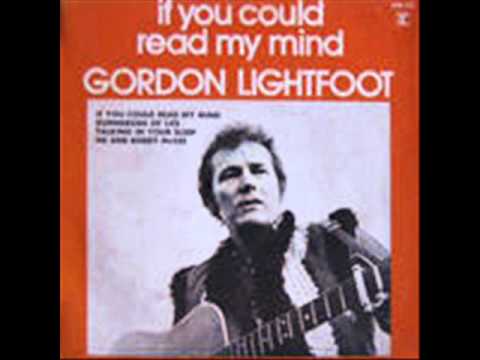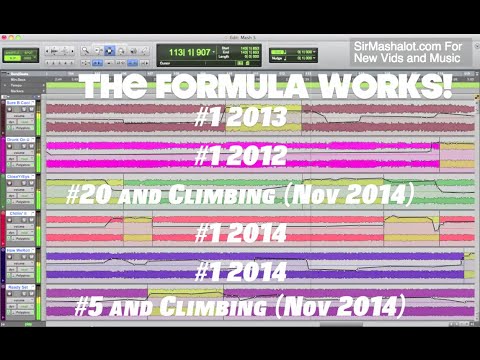The answer is probbaly something like “chord progression,” but the thing is I don’t even know what that means. Anyway, why does this song sound like this other song? This happens not-infrequently for me, but usually it’s ephemeral and I can’t recall the 2nd song. In this case …
Gotta get Rick Beato on this.
Honestly, a ton of songs sound the same to me. Pop music producers love formulas.
It’s actually probably not the chord progression. More likely to be the melody, especially if the melodies have strong rhythmic similarities. I haven’t had a chance to listen to these closely yet though.
There’s a whole genre of Amazon reviews where people respond to questions but haven’t used the product yet.
Ok, but why?
I have 0 music theory knowledge so I’m looking for a simple answer how 2 different songs can be different at each moment and sound so similar.
What I mean is that it’s going to take more than a cursory listen to give you a detailed answer. I have to sit down with a keyboard or guitar and figure the songs out first because my ear isn’t that good anymore, but maybe there is a savant here who can analyze it perfectly in one listen that will chime in first. The chords don’t sound that interesting though, and they usually aren’t in popular music.
Gotcha. And apologies if my flippant answer was misplaced. … acknowledging it as “flippant,” it always would be misplaced.
My no-nothing intuition is that this answer is simple, and someone knowledgeable would recognize it easily and have to, frankly, just dumb it down for me. Maybe that’s not true–at least on the simple recognition.
Anyway. It is a common enough thing that I am really interested and if you have insight, thank you.
otoh, if it turns out to be not-simple I will be fascinated
The desire to create songs that are actually popular drives the creation of songs that fit certain parameters. That constrained space means less variation is possible. And, yes, part of it is certain chord progressions and tempos being favored. And everything gets digitally mastered to remove all sorts of tiny flaws that differentiate different performers using different instruments in different acoustic environments. Think Autotune, but for every aspect of the recording, not just voices.
Songs are chosen to be recorded that sound similar because that’s what makes money and modern production techniques makes everything sound more uniform.
It’s not necessarily simple, especially if the songs are just similar and not identical. Even when some elements are seemingly identical, it can still get weird. There’s an entire niche field for this called forensic musicology that comes up in copyright cases where they analyze “same” sounding music. Here’s an example of a recent famous case fought over one ridiculously simple (trivial) part to get an idea of how detailed it can get:
Thanks for this.
Ok so maybe it isn’t simple.
There’s a decending three-note riff in both songs that’s uncannily similar —listen to the piano part of the first one and you’ll hear what I mean. Also the drum parts both have a lot of sixteenth notes going on.





